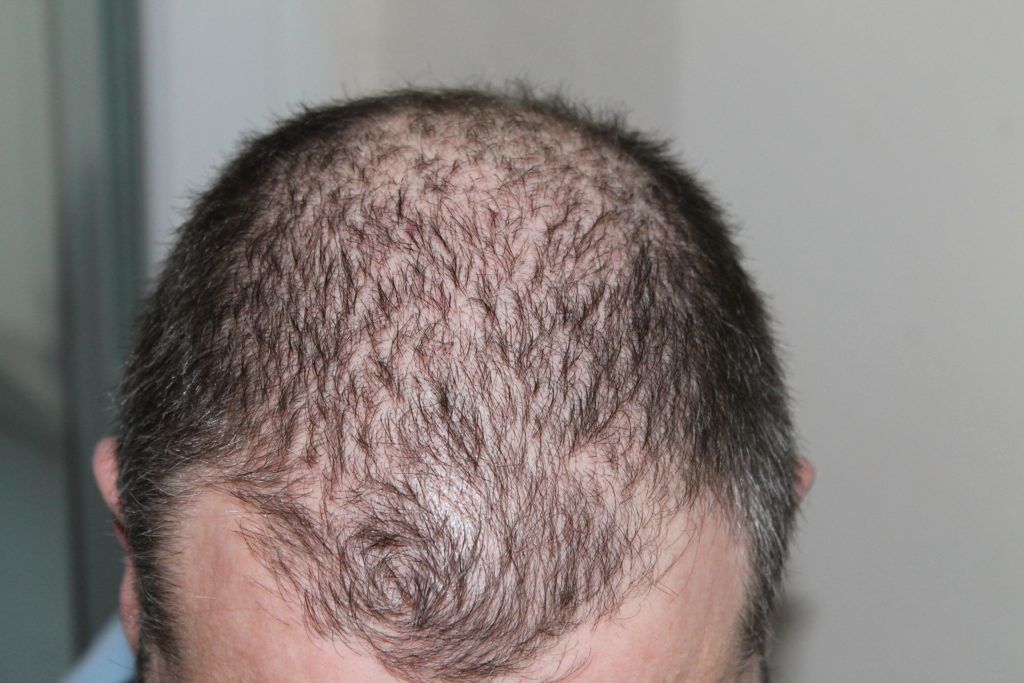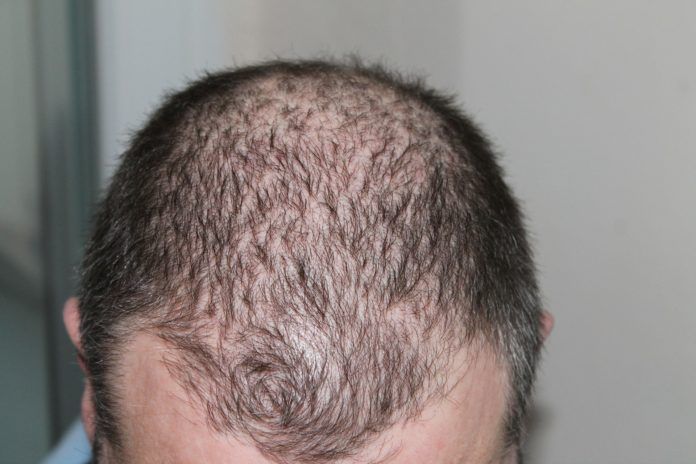
Image Credit: Kalhh
Hair loss is becoming a major issue in the present world. With expensive non-invasive hair transplant surgeries to non-effective chemical treatments, this has now become a multi-billion industry. The search for an effective and cheap solution is always on. And now researchers from the North Carolina State University might have an answer for that.
According to a study published in the Science Advances, There is a special miRNA molecule that regulates the regeneration of hair growth. And this gives hopes for an effective short cut for a hair growth treatment.
A hair follicle’s life cycle is regulated by dermal papillae (DP) cells. The healthier the DP cells, the better the hair growth. Recent studies indicate that, when a bald patch appears these hair follicles do not vanish, they simply shrink. So what would happen if the DP cells were to replenish again? This was the basic assumption in this study. So they cultured these DP cell lines in 2 different ways.
In the study, the mice were treated separately with 2D cultured DP cells, 3D spheroid-cultured DP cells in a keratin scaffolding, and the commercial hair loss treatment Minoxidil. The mice who were treated with 3D cultured DP cells, grew 90% of its hair back in just 15 days!
They believe the keratin scaffolding in the 3D cultured DP cells, functioned as an anchor to hold them on the site where they belong. Once these DP cells were introduced, researchers kept a close eye on the microenvironment around those shrunk hair follicles. Specifically at the exosomes and exosomal miRNAs in the area which were derived from the introduced DP cells. They play an important part in cell to cell messaging. These miRNAs express genes, and the ones derived from the 3D cultured DP cells were called, miR-218-5p. This particular miRNA was able to enhance the molecular pathway to promote hair follicle growth. And its inhibition would stop the hair follicles from growing!
According to the study, ‘Compared with mesenchymal stem cell-derived exosomes, DP cell-derived exosomes were demonstrated to be efficient transforming growth factor–β activators and proven to be important in promoting proliferation of human hair follicle DP cells and hair growth’. This demonstrates the efficiency of the DP cell-derived exosomal miRNA than the stem cell-derived exosomes.
This discovery is said to be an effective path to treat baldness than current practices. According to the researchers, the best way to do this is, utilizing this particular miRNA through drugs such as a cream or lotion which would have much less side effects. What a discovery!

